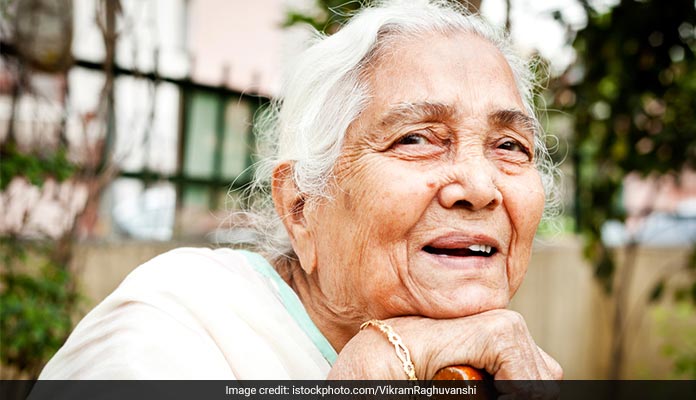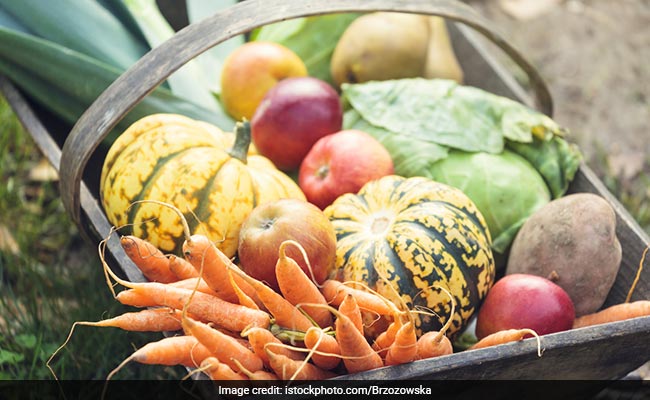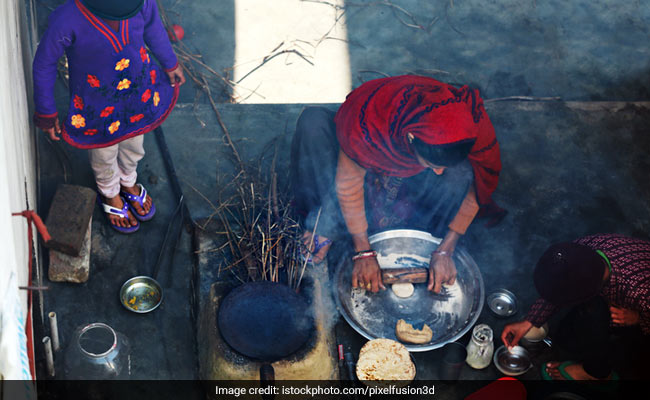Food allergies have become so common today. But they were not so common in our grandparents. Click here to know why.

Unlike today, there were lesser diet plans in the times of our grandparents
HIGHLIGHTS
- In times of your grandparents, people's lifestyles were much simpler
- Food was much more nutritious because soil was lesser depleted
- People got the adequate nutrition from consuming non-vegetarian food
It is not uncommon to hear people suffering from some allergy or the other. Even amongst children, food allergies have become very common. But ever heard if your grandparents had any food allergies? Probably not. In times of your grandparents, people's lifestyles were much simpler. Equally simple were the day-to-day facilities available for people. Cooking techniques were traditional and simple, and so were the food supplies. There was less or no packaged food and people's eating habits were restricted to natural and seasonal foods. These habits stay with our grandparents and they are probably the reason why they don't have or develop food allergies.
1. Seasonal real food
Back in the 1950s, food was produced only from natural resources with very less preservative chemicals. People used to visit grocery stores much more regularly than they visit in the present times. This resulted in consumption of fresher food with fewer additives and preservatives. Furthermore, food was much more nutritious because soil was lesser depleted, thanks to conventional farming practices.

Photo Credit: iStock
Also read: Avoid These Foods If You Have High Blood Pressure
2. Meat
Unlike today, animals were not injected antibiotics and chemicals just to make them more fleshy or grow faster. There were also lesser chemicals and preservatives in meat. People got the adequate nutrition from consuming non-vegetarian food in the earlier times which supported their immune system and prevented development of food allergies.

Photo Credit: iStock
3. Traditional cooking
One of the very big aspects of people developing food allergies is because of the cooking techniques. In the times of our grandparents, lesser gadgets had occupied kitchens. Everything was prepared on the stove, from the scratch, with real ingredients. There was no space for packaged foods or microwave ovens or electric tandoors.

Photo Credit: iStock
Also read: Foods To Eat And Avoid In Case Of Kidney Stones
4. Limited visits to the doctor
When our grandparents got sick, they preferred home remedies and natural medicine more than visiting the doctor. Traditional soups, fluids, herbs and healing foods were used to deal with ailments. They gave time to the normal healing process.
Hence, it is probably the simpler ways of living life which prevented our grandparents from food allergies. Maybe, it is time for us to get back to living simpler lives as well!

Photo Credit: iStock
5. Fad dieting
Unlike today, there were lesser diet plans in the times of our grandparents. They simply ate whatever was available and ate whatever they felt like eating. What we eat has a direct impact on our body. Abstaining from certain foods and restricting ourselves to others is like interfering with the normal functioning of the body. When we don't listen to our body's cravings by dieting, it makes us crave food even more. All this hampers our metabolism. Whereas, our grandparents were in a habit of consuming a variety of whole foods and never let manufactured diet affect their metabolism.

Photo Credit: iStock
Also read: 7 Most Common Food Intolerances
Disclaimer: This content including advice provides generic information only. It is in no way a substitute for qualified medical opinion. Always consult a specialist or your own doctor for more information. NDTV does not claim responsibility for this information.
DoctorNDTV is the one stop site for all your health needs providing the most credible health information, health news and tips with expert advice on healthy living, diet plans, informative videos etc. You can get the most relevant and accurate info you need about health problems like diabetes, cancer, pregnancy, HIV and AIDS, weight loss and many other lifestyle diseases. We have a panel of over 350 experts who help us develop content by giving their valuable inputs and bringing to us the latest in the world of healthcare.














